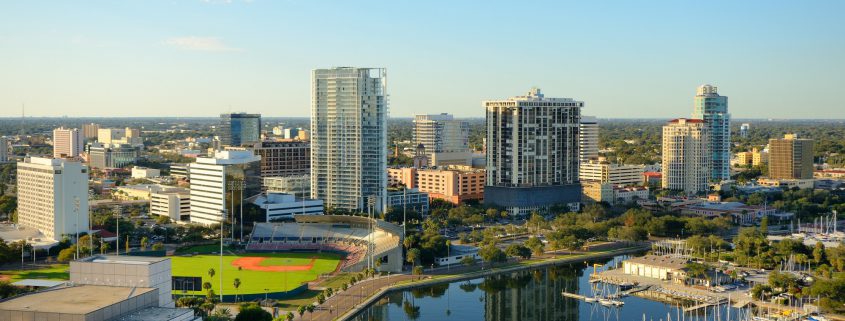If you are planning on going through with a 1031 exchange you are going to need a qualified intermediary to help carry out your like-kind exchange. But what makes a qualified intermediary qualified?
The law is only specific in that it must be an unrelated third party. Someone that you have no ties to. This disqualifies anyone that you have a familial or business relationship with. Your realtor, hairdresser, and accountant cannot be your 1031 exchange accommodator. But just because someone is not disqualified from being your intermediary does not mean that they necessarily qualify. This is why it is important to vet intermediaries that you might be looking to hire. You should ensure that they have the proper experience and demonstrable results to show.
It is also vital that you find a qualified intermediary before you begin the exchange process. If you close the sale of your property without an intermediary in place, three things will prevent you from doing an exchange. First, the QI was not involved per the IRS code. Second, the exchange was not documented properly on the closing documents and statements. Third, you received the money. The IRS will not allow you to have control of your money when you are doing a 1031 exchange. Whether you have the actual money or whether the money is sitting in your attorney’s escrow account or your title company’s account, waiting for your direction, it isn’t allowed.
Experiences, references, and results are everything, investigate thoroughly to ensure that you get the best possible service from your QI.









